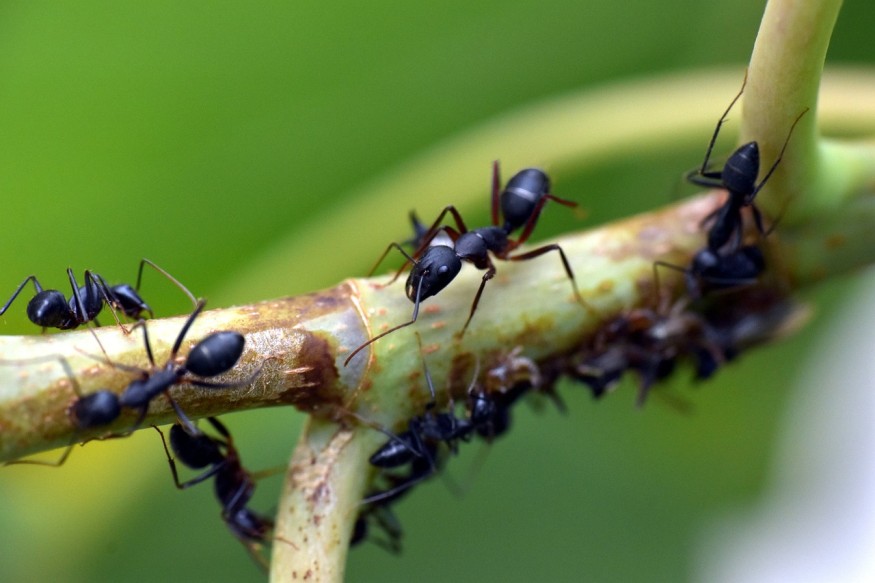
Ants are one of the most successful and dominant species in the world. These highly-organized insects have developed tight interactions and relationships with other species, from plants to fungi, and other insects and vertebrates.
In the 1990 book The Ants, American biologist Edward O. Wilson wrote that these little organisms run the world and make up two-thirds of the global population of insects. That means these insects are everywhere and scientists have long thought of calculating their total number and weight.
Global Ant Population
The new study, titled "The Abundance, Biomass, and Distribution of Ants on Earth," published in the journal Proceedings of the National Academy of Sciences (PNAS), has the potential answer as to how many ants there are in the world. The research team from the University of Hong Kong estimates that there are 20,000,000,000,000,000 (20 × 1015) ants.
Previous estimates were more like educated guesses since the global representative dataset was not yet available that could help them conduct their research, Popular Science reported. The new study suggests that the total number of ants on Earth is estimated to be two to 20 times previous estimates.
To get the global ant population, the team of international researchers gathered data on the ground- and tree-dwelling ants from 465 studies that span continents, major biomes, and habitats, which took six years to compile.
Co-lead author Patrick Schultheiss from the University of Würzburg in Germany told Popular Science in an e-mail that it helped them quantify the density of ants in different parts of the world and estimate their total number on the planet.
They estimate that the global ant population is 20 quadrillion, which is 20 but with 15 zeroes. University of Würzburg researcher Sabine Nooten added that in terms of biomass, all the ants on Earth weigh more than the combined weight of birds and mammals or about 20% of human biomass.
The team also found that ants are unevenly distributed all over the planet, wherein tropical regions harbor more ants than other places. However, they noted that this could also depend on the local ecosystem that affects the insects. Schultheiss and Nooten are surprised to learn that there are places on Earth with hardly any data about ants, such as Central Africa and some parts of Asia.
About 20 Quadrillion Ants are Crawling on Earth Based on New Estimates
READ ALSO : Ants Continue to Colonize Even When in Space
Why Learn About Ants?
According to Science Alert, ants provide vital ecosystem services for humans, as shown in the study that they can be more effective natural pesticides to help farmers grow their crops.
Their interactions and relationships with other species prove that some animals cannot live without ants. For example, some plant species feed or house ants in exchange for protection or seed dispersal services, and some birds rely on these tiny insects to flush out their prey.
However, global insect populations are declining because of climate change, habitat destruction, chemical use, and invasive species. Due to the alarmingly scarce data on insect biodiversity, the new study's authors hope that their findings could help fill in the gap. They noted that it is important to monitor ant populations to investigate how they are faring at a time of great environmental change.
RELATED ARTICLE: Ant Chemicals Used to Combat Plant Diseases; New Study Shows How They Can Substitute Pesticides
Check out more news and information on Ants in Science Times.












